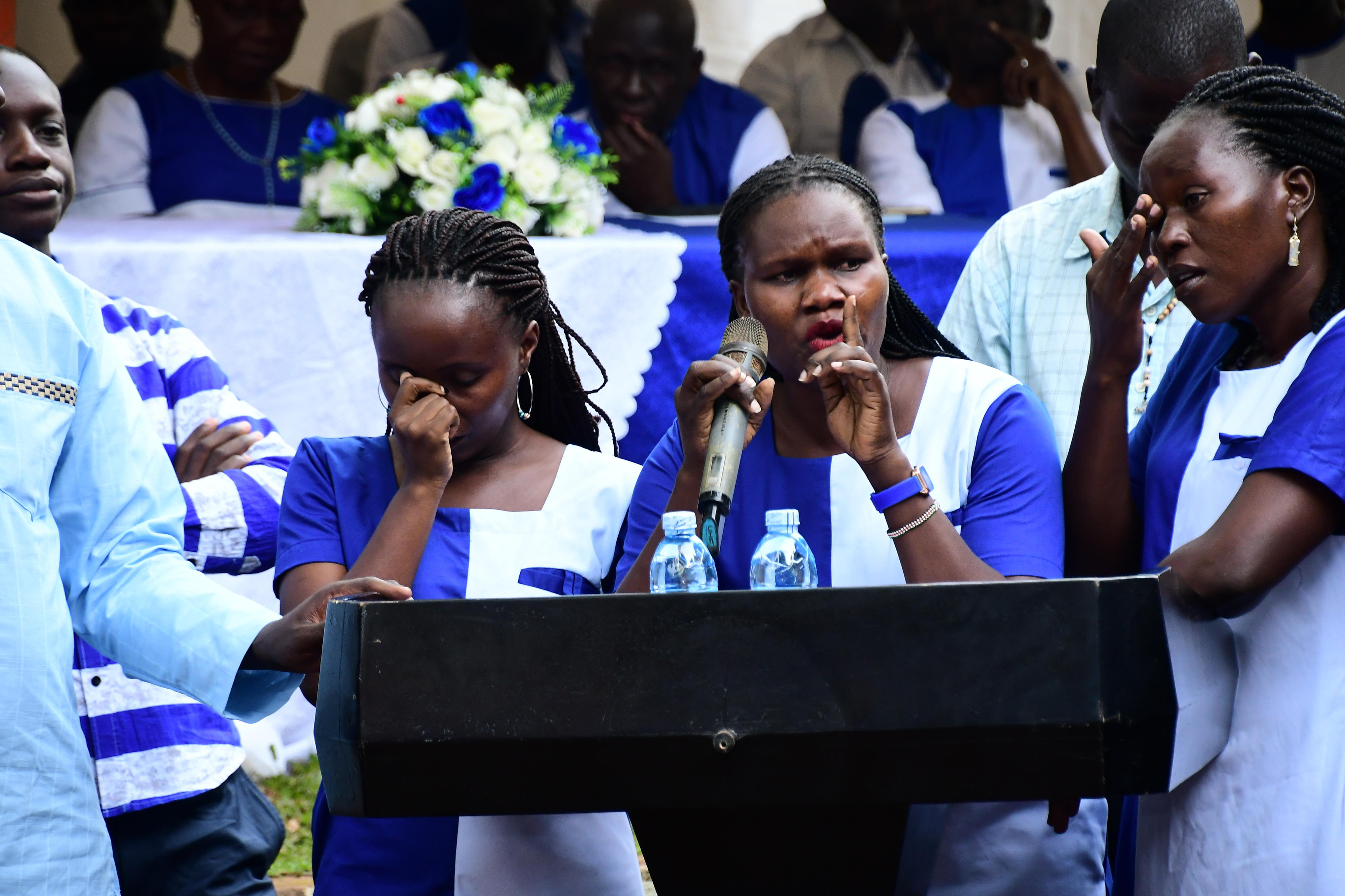Prime
Somalia: A deadly, chaotic decade

Conflicts between rival factions in Somalia have forced hundreds of families to flee their homes and left several people killed in the last decade. PHOTO/COURTESY
What you need to know:
- Somalia has not held a one-person, one-vote election in 50 years. Instead thousands of special delegates chosen by Somalia's myriad clan elders pick parliamentary representatives.
Somalia, where a long-running political crisis is escalating, has been mired in chaos since the fall of the military regime of President Siad Barre in 1991.
His ouster was followed by a civil war and the ascendancy of the Al-Qaeda-linked Al-Shabaab, which has carried out a spate of deadly attacks.
A timeline since 2011:
Shabaab driven from Mogadishu
The Shabaab are driven out of Mogadishu in 2011 after an offensive by an African Union force, gradually losing most of their strongholds.
But they retain control vast rural zones, from which they regularly launch deadly attacks on the African force's bases in Mogadishu as well as in Kenya. Thousands have been killed in the attacks.
New constitution
A new parliament is sworn in in 2012, after the adoption of a new constitution. It elects Hassan Sheikh Mohamud as president.
Attacks on Kenya
The Shabaab claim responsibility for an 80-hour siege of Nairobi's Westgate shopping mall in 2013, which leaves at least 67 people dead. They say it was in retaliation for Kenya's military intervention in Somalia.
Two years later, they claim an attack on Kenya's Garissa University College, in which 148 people die.
Clan elections
Somalia has not held a one-person, one-vote election in 50 years. Instead thousands of special delegates chosen by Somalia's myriad clan elders pick parliamentary representatives.
In 2017, these MPs and senators elect Mohamed Abdullahi Mohamed, best known by his nickname Farmajo, as president.
American strikes
In 2017 Washington extends the powers given to US troops in Somalia to carry out strikes on the Shabaab.
Deadliest attack
In October that year a truck packed with explosives blows up in a bustling commercial district in Mogadishu, killing 512 people, in the deadliest attack in Somalia blamed on the Shabaab.
Election chaos
Prime Minister Hassan Ali Khaire falls to a no-confidence vote in parliament in July 2020, officially for having failed to organise elections by universal suffrage.
Two months later Mohamed Hussein Roble is appointed in his place and a new election timetable is cobbled together.
American withdrawal
Outgoing US president Donald Trump in December 2020 orders the withdrawal of most American troops from Somalia by early 2021.
Political crisis
Talks between the federal government and regional states on elections break up without agreement in February 2021.
An alliance of opposition candidates declares the president, whose term has just expired, illegitimate.
Gun battles
In April 2021, Farmajo's mandate is extended by parliament, setting off deadly gun battles in the streets of Mogadishu in the worst bout of political violence in years.
Farmajo turns to Roble to help defuse the situation by asking him to organise elections.
Political feud
But relations between the two men dramatically deteriorate as they trade accusations of abuse of power, exposing fresh divisions in the administration.
The two finally agree to bury the hatchet in October and strike a deal to speed up the glacial electoral process.
On November 1 Somalia begins electing lawmakers for its lower house of parliament.
PM suspended
The lull does not last long. On December 25 Farmajo withdraws the prime minister's mandate to organise the elections and calls for a new committee to "correct" shortcomings. Roble accuses the president of sabotaging the polls.
Two days later, Farmajo announces he is suspending Roble, who blasts the move as an "attempted coup" and asks the armed forces to follow his orders.




